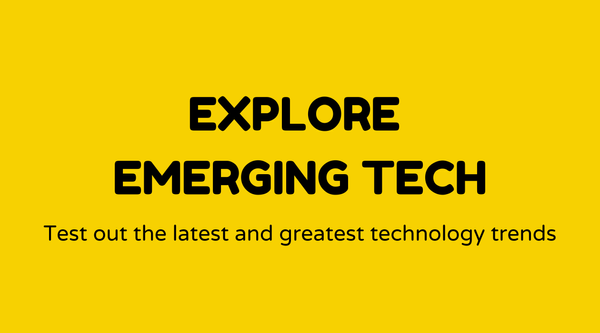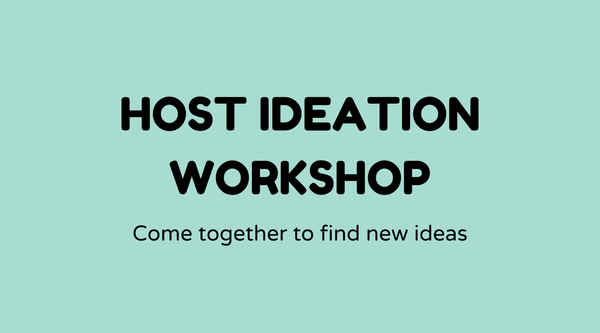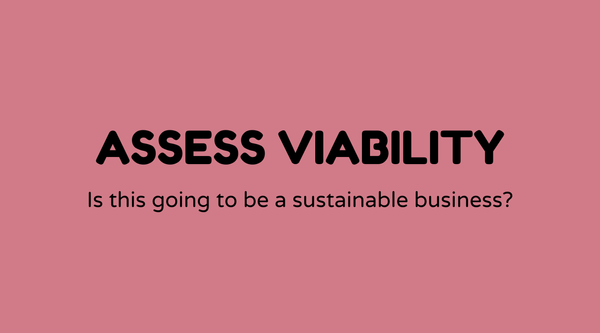8-ups
Overview of the 8-ups Workshop:
The 8-ups Workshop also known as Crazy Eights serves as a valuable resource for innovation and problem-solving across various sectors. Its design facilitates discussions and encourages actionable ideas, making it a favored choice for teams aiming for efficiency. This methodology enhances creativity by breaking down challenges into manageable components, creating an environment conducive to finding solutions.
Why the 8-ups Workshop Matters:
Grasping the concept of the 8-ups Workshop can enhance how teams tackle challenges. In today's swiftly evolving landscape, organizations frequently encounter intricate issues that require creative solutions. The workshop promotes structured brainstorming that boosts productivity and innovation. Consequently, teams can address tough problems more effectively, resulting in better outcomes and sustained progress.
What is the 8-ups Workshop:
The 8-ups Workshop is a problem-solving method that divides brainstorming sessions into eight distinct phases. Each phase enables participants to concentrate on various facets of a challenge, encouraging diverse viewpoints and comprehensive solutions. It generally involves defining the problem, identifying opportunities, and developing solutions within an organized framework. These sessions can be applied across numerous industries, offering a versatile approach for any organization looking to spark innovation.
How to Conduct an 8-ups Workshop:
To run a successful 8-ups Workshop, careful planning and execution are essential. Here's a step-by-step guide to assist you:
- Preparation: Before the workshop, clearly articulate the problem or opportunity. This will steer the entire session.
- Invite Participants: Gather a diverse group of stakeholders who can contribute a variety of insights.
- Set the Agenda: Outline the eight steps of the workshop to maintain focused discussions.
- Facilitator: Designate someone to lead the session and keep the group aligned.
- Execution: Progress through each phase methodically, allowing for brainstorming, idea prioritization, and solution development.
- Documentation: Maintain thorough notes of ideas and decisions made throughout the workshop.
- Follow-Up: Assign tasks and deadlines to ensure that ideas generated are acted upon.
Sample Agenda of the 8-ups Workshop:
Here is a typical agenda for an 8-ups Workshop:
- Introduction (5 min): Overview of workshop objectives and the issue to be tackled. Everyone folds their paper into 8ths.
- Sketch (8 minutes): 8 ideas in 8 minutes (or even 5 mintues). Push people to sketch fast the goal is to get as many ideas out as fast as possible
- Present (10 minutes): Each person individually presents their 8 ideas. If remote, people should upload photos to FigJam or Miro ahead of their presentation. If in a room, tape to wall.
- Dotvote (10 minutes): People vote on their favorite ideas individually
- Wrap-up and Next Steps (15 min): Recap key points and assign subsequent steps.
Examples of 8-ups Workshop:
The 8-ups Workshop is utilized across multiple sectors. Here are a few examples:
- Tech Startups: Used for developing products and sparking innovation.
- Education: Applied in curriculum development to enhance learning experiences.
- Healthcare: Employed to design initiatives for patient care.
- Marketing: Used for strategizing campaigns and creative brainstorming.
These instances showcase the method's versatility and its effect across different industries.
FAQs
What makes an 8-ups Workshop effective?
An 8-ups Workshop is effective because it offers a structured approach to problem-solving and innovation, promoting active involvement and diverse solutions.
Who can benefit from an 8-ups Workshop?
Organizations from a variety of sectors, including technology, healthcare, and education, can gain from its organized approach to tackling problems.
How long does an 8-ups Workshop typically last?
The duration can differ, but a complete session usually spans around 3-4 hours, including breaks.
Is a facilitator necessary for the workshop?
Yes, having a facilitator is important for guiding discussions, maintaining focus, and ensuring productive results.
Can remote teams conduct an 8-ups Workshop?
Certainly! With the increase in remote work, virtual workshops using online collaboration tools are common and effective.
What resources are needed for a successful workshop?
A productive session requires a clear agenda, a diverse team, suitable spaces or tools for brainstorming, and a dedicated facilitator.



